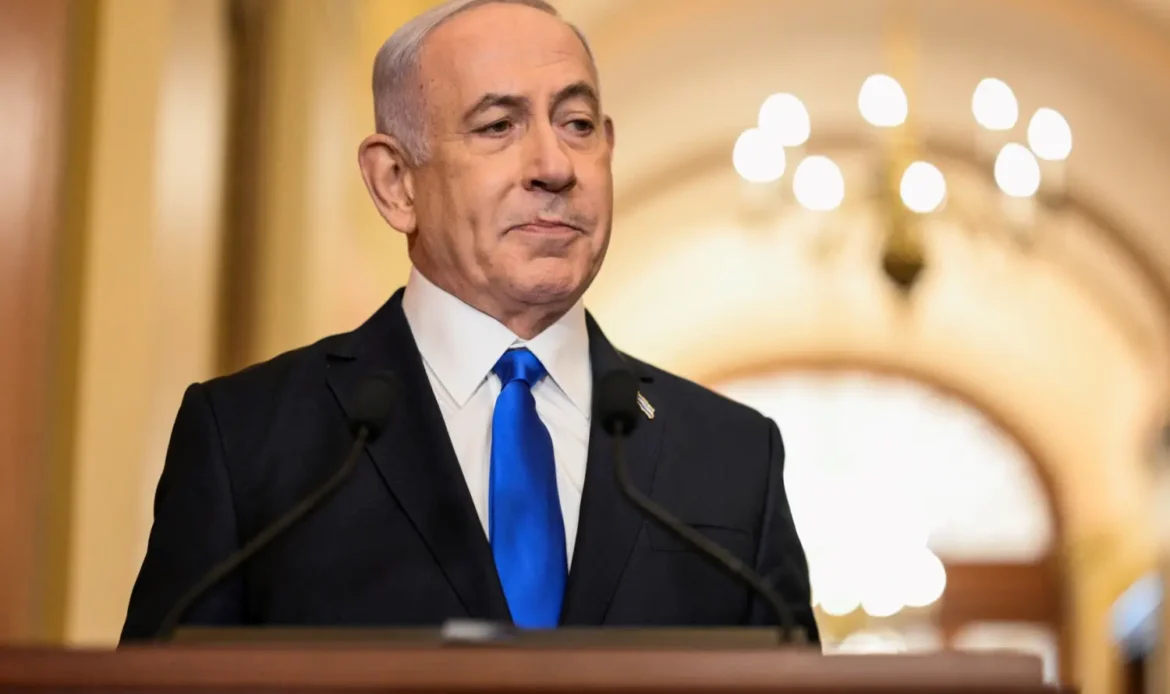Israeli media has highlighted increasing discord between the occupation’s military and political leaders over negotiating a ceasefire and prisoner exchange in the Gaza Strip. According to the Makor Rishon newspaper, the situation is critical, with the outcome of the entire war hanging in the balance, not just the fate of the captives.
The security and military officials are advocating for a temporary ceasefire, while those opposing any deal have fortified their stance with new arguments, believing that halting the war at this point would be catastrophic. As a result, the rift between them is widening.
The newspaper highlighted that Israeli Prime Minister Benjamin Netanyahu has determined that “Israel’s strategic interests necessitate the Israeli army’s continued presence in the Philadelphi and Netzarim Corridors.” In contrast, the security and military establishment contends that such a presence is unnecessary.
According to Makor Rishon, another key objective for the General Staff in the proposed deal is to secure the ceasefire itself. The General Staff believes that “Israel” urgently needs this ceasefire to regroup and strategize for the northern front. Meanwhile, the political leadership would have the opportunity to deliberate and determine the next steps.
The Israeli newspaper highlighted, “What does ‘absolute victory’ actually entail? What kind of lasting settlement in the Gaza Strip does Netanyahu envision? Does he genuinely have a plan to restore peace and security to the al-Jalil?”
In the same context, Makor Rishon journalist Ari Shavit discussed the collapse of internal unity in “Israel” at the onset of the war. He observed that the situation has become risky with the resurgence of intense internal rifts, as rising animosity “exacerbates the existential threat” of the occupation.
Shavit said, “The essence of the past 15 years in which Netanyahu has led Israel is not strength, but weakness.”
“We are standing on the edge of the abyss, and at any moment a low-intensity regional war could turn into a high-intensity regional war for which we are not prepared,” he added, noting that “the culture of mutual accusations, at this fateful hour, become destructive and deadly.”
Source: AlMayadeen



